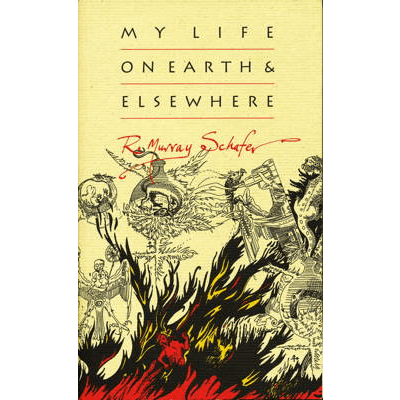- Ottorino Respighi
- Jacques Loussier
- Messiaen
- Arturo Toscanini
- Bajazet
- Callum Thorpe
- Opéra Bastille
- Babbitt: Three Cultivated Choruses
Niccolò Piccinni
Italian composer Niccolò Piccinni was born in Bari in the south of Italy on 16 January 1728 and studied at the Conservatorio di Sant' Onofrio in Capuana with Francesco Durante and Leonardo Leo.
Piccinni was known mainly for his popular creations in the Neapolitan opera buffa style - particularly La Cecchina, ossia la buona Figliuola (1760), which was amazingly successful. In total, he wrote more than eighty operas and worked with the greatest librettists of the time, including Metastasio.
Piccinni worked in Paris, becoming a professor at the Royal School of Music, and there was some rivalry with Gluck. At the start of the French Revolution, he moved to Naples but fell out of favour and was accused of being a revolutionary when his daughter married a French democrat.
Niccolò Piccinni returned to Paris, where he died at Passy on 7 May 1800, aged seventy-two.



